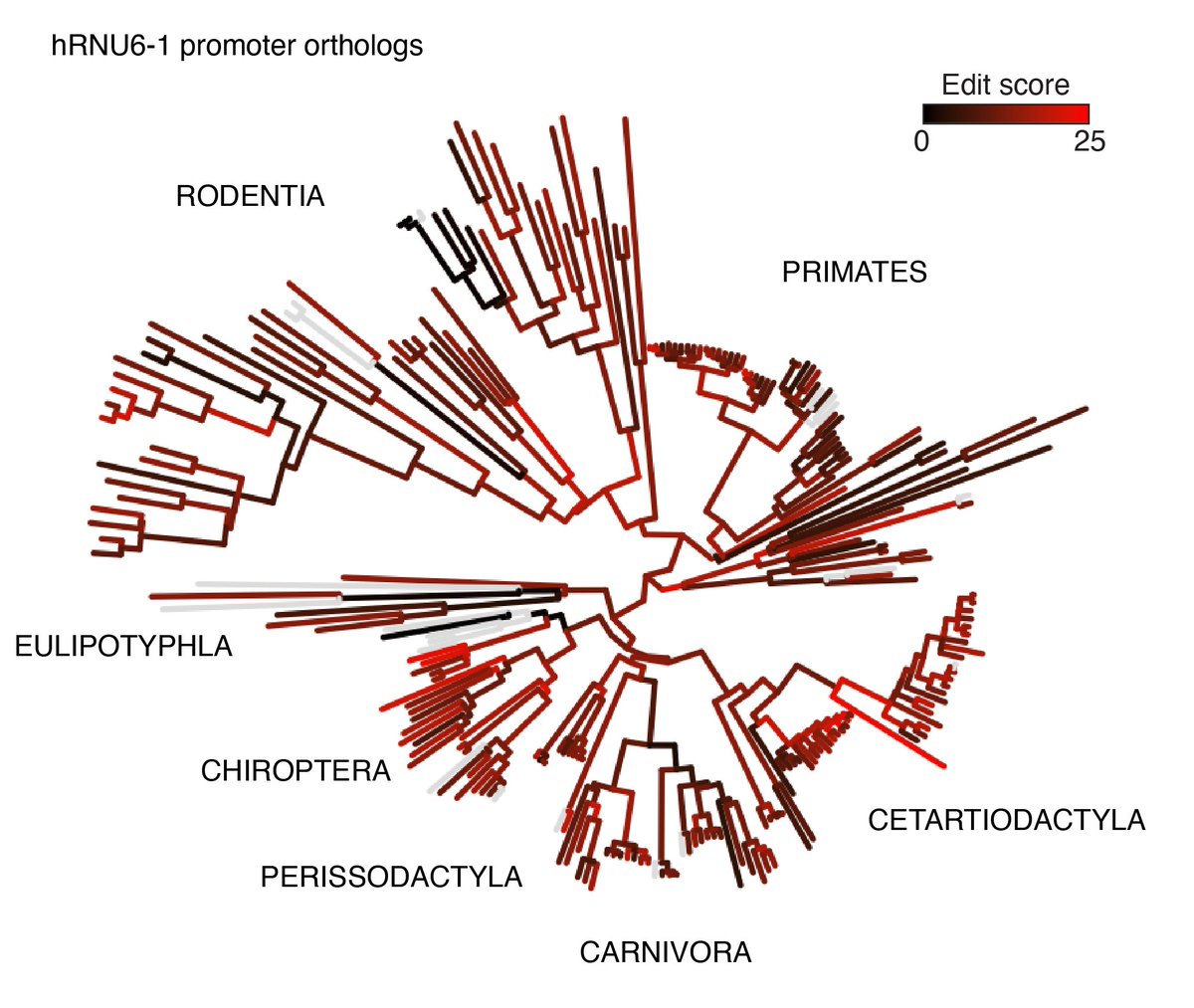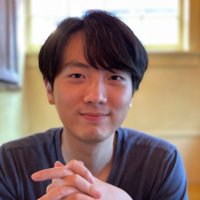
Junhong Choi
@_choi_junhong
PI at @MSKCancerCenter. Synthetic (Developmental) Biology + Molecular recording. Words like the physicality of information make my heart go a bit faster.
ID: 1269105695187558401
https://www.mskcc.org/research/ski/labs/junhong-choi 06-06-2020 03:15:56
165 Tweet
915 Followers
453 Following
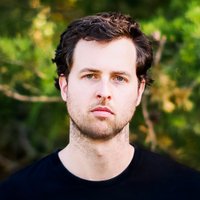
Excited to share our latest paper led by Rachel Glenn. We generated a genetically diverse mouse pluripotent stem cell panel from the Diversity Outbred stock and outline experimental approaches for "population-scale" in vitro directed differentiation. biorxiv.org/content/10.110…
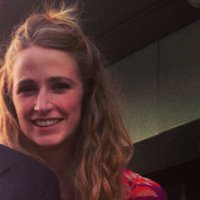

Our DNA Typewriter protocol (written by Hanna Liao, Jay Shendure, and myself) is out! Thank you Nature Protocols for writing/editing this with us and having it as this week’s #FeaturedProtocol :-)

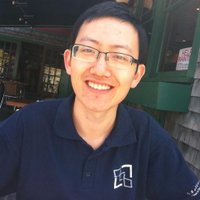
Thrilled to introduce IRISeq, a scalable, cost-effective and imaging-free spatial genomic technique for mapping mammalian brain aging, developed by incredible Abdul AbdulAbdul and Weirong from our lab at Rockefeller University! biorxiv.org/content/10.110…
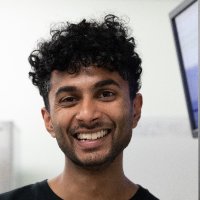
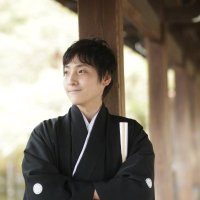
Excited to share our human RA-gastruloid model in Nature Cell Biology! Early retinoic acid supplementation, followed by later Matrigel addition, robustly induces human embryonic morphologies and diverse cell lineages, including somitic, renal, cardiac, and neural cell types in
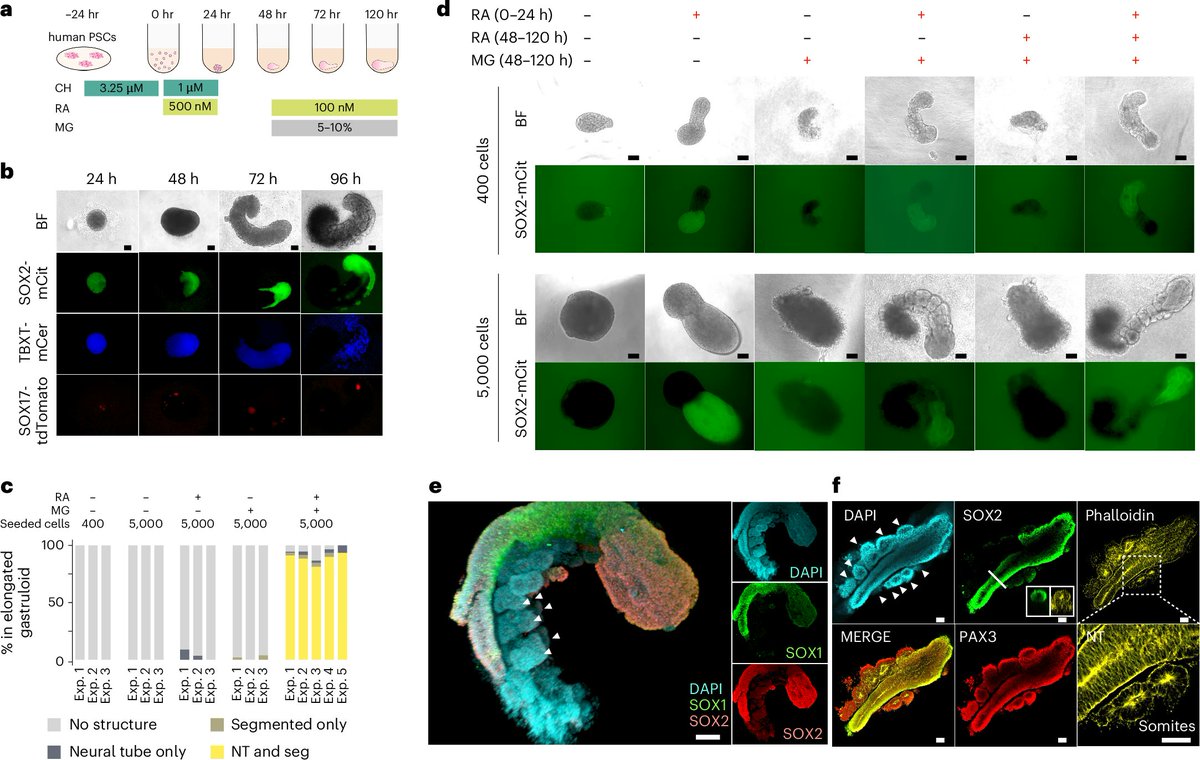


Excited to share "Defining heritability, plasticity, and transition dynamics of cellular phenotypes in somatic evolution", from an amazing collaboration with Dan Landau Andrew R. D’Avino Tamara Prieto Toshiro Hara Mario Suva! A tweetorial, or Xplanation ... nature.com/articles/s4158…
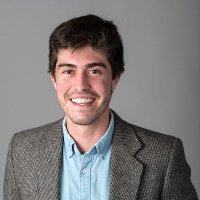
Incredibly proud to share that I recently joined UCSF Bioengineering & Therapeutic Sciences UC San Francisco as an Assistant Professor! This means that the Calderon Lab is now open! Or, more accurately, in the process of opening as I am still unboxing equipment and unraveling giant posters (a last @JSHendure lab gift) 🥳
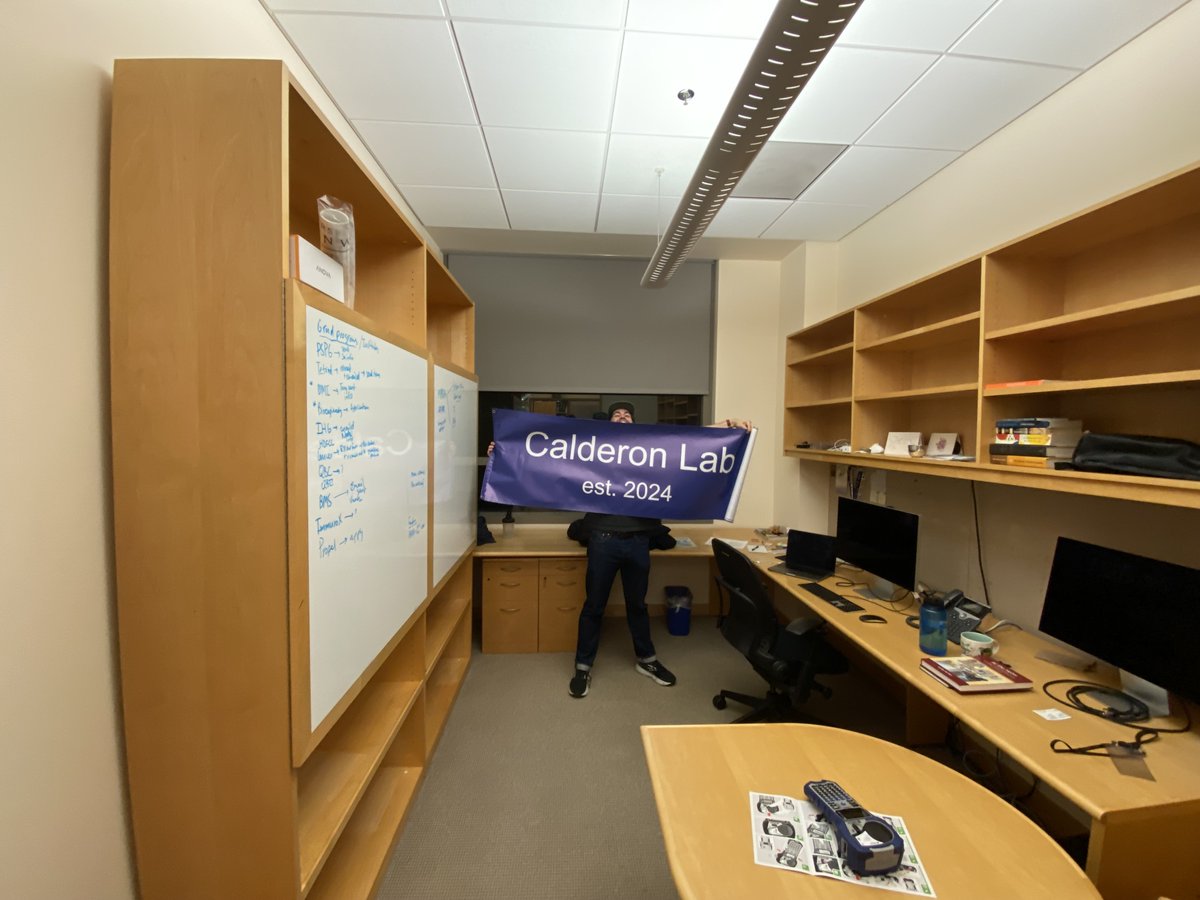
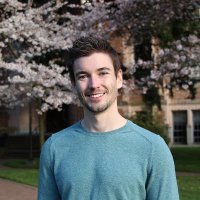



Finally out in Science Magazine! Utilizing the cost-effective EasySci to profile 21 million single-cell transcriptomes across five life stages and diverse sexes/genotypes, we reveal aging as distinct, development-like transitions, with dramatic cell population changes in specific

